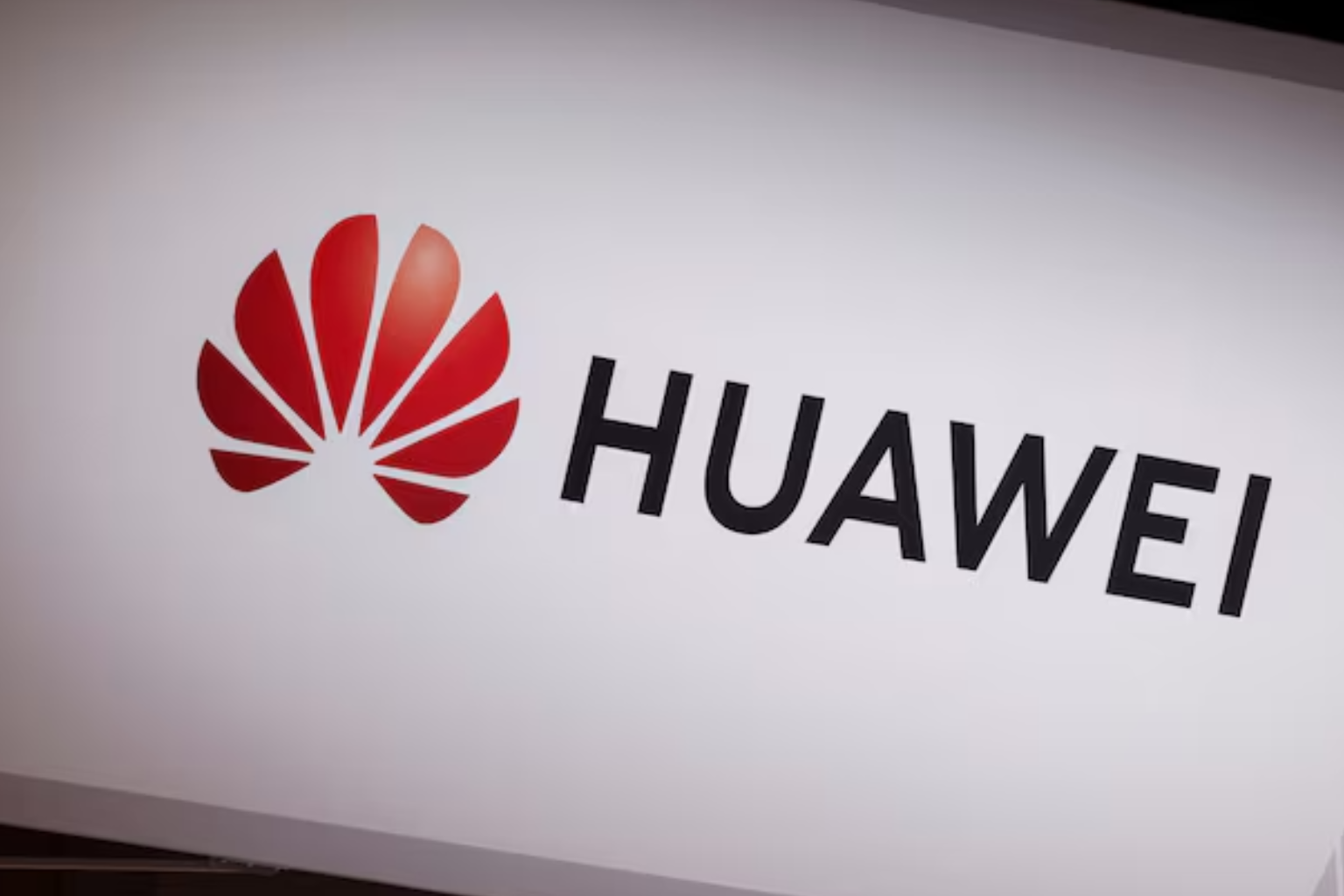
Huawei’s AI Chips: Speed and Stability Concerns Revealed in New Report
Huawei’s Ascend AI chips are meant to fill the gap left by Nvidia in China, but they have speed and stability problems that make them harder to use while the U.S. limits their exports.
In China’s AI market, Huawei is trying to fill the Nvidia-sized gap, but its hardware alternative is giving it trouble with performance and connecting to the internet more slowly.
As an alternative to Nvidia’s hardware, Huawei has pushed its Ascend AI chips. This is because the U.S. government controls exports and doesn’t let Nvidia send its GPUs to China. The FT claims, however, that Chinese AI companies that use the Ascend chips have complained about how poorly the hardware works.
Stability and Connectivity Problems
There have been reports of stability problems with the Ascend line of chips. This is a big problem because hardware needs to run for long amounts of time during training for AI models. Users have also said that Ascend’s inter-chip connection is slower.
Inter-chip connectivity lets developers group hardware together into clusters that run AI models’ inference and training tasks. If connections are slower, training would take a lot longer. Users have also said they are worried about the software that goes with it, which is called Cann.
Huawei wants Cann to be like Nvidia’s Cuda software platform, which helps developers handle data in a natural way. Though, the FT says that even Huawei employees are worried about Cann’s performance, saying that it makes Ascend gear hard to use and unstable.
The FT was told by another engineer who knew that Baidu used the Ascend chips that the hardware often crashed.
Ascend 910B, Huawei’s newest AI chip, was said to have the same amount of computing power and speed as Nvidia’s A100 GPU. But since then, the A100 has been replaced by the H100. The H100 will be replaced by Nvidia’s Blackwell series in 2025, after the company fixes design flaws that had slowed down production.
According to Zhang Ping’an, CEO of Huawei Cloud Computing Technologies, China can still be a star in AI even though it has limited access to high-end hardware. He said this at the World Artificial Intelligence Conference in Shanghai in July.
Huawei’s sales went up 34% in the first half of 2024, which shows that people want the company’s Ascend chips to power that leading role. But the business is said to be having trouble meeting customer needs. Chinese chipmakers are limited in their ability to import gear that is needed to make chips.
Nvidia’s Plans to Re-enter the Chinese Market
Chosun.biz, a Korean news site, said in July that production was slowed down by a low return rate at Semiconductor Manufacturing International Co. (SMIC), which makes chips for Huawei. Four out of five processes were said to be broken.
Nvidia is working on AI chips that are especially made for the Chinese market, so Huawei may soon have to deal with competition from a well-known company. Nvidia has been working in secret on a version of its future Blackwell chips that will allow it to follow export rules. The chipmaker wants to get back into a market that used to bring in 26% of its revenue before the rules, but now only makes up 17%.
Because of U.S. export rules, companies can’t send chips with fast chip-to-chip transfer speeds, the B20 would have to be much slower than the regular version of Blackwell. Nvidia has tried to sell slower versions of its A100 and H100 GPUs to China in the past, but they were not allowed because of export rules.


